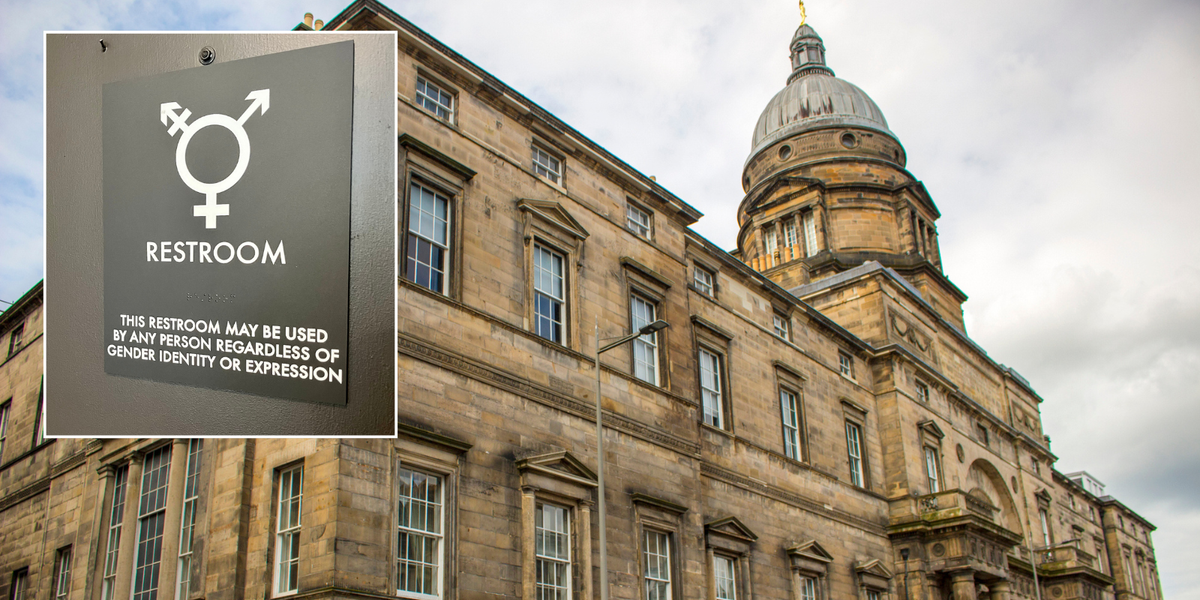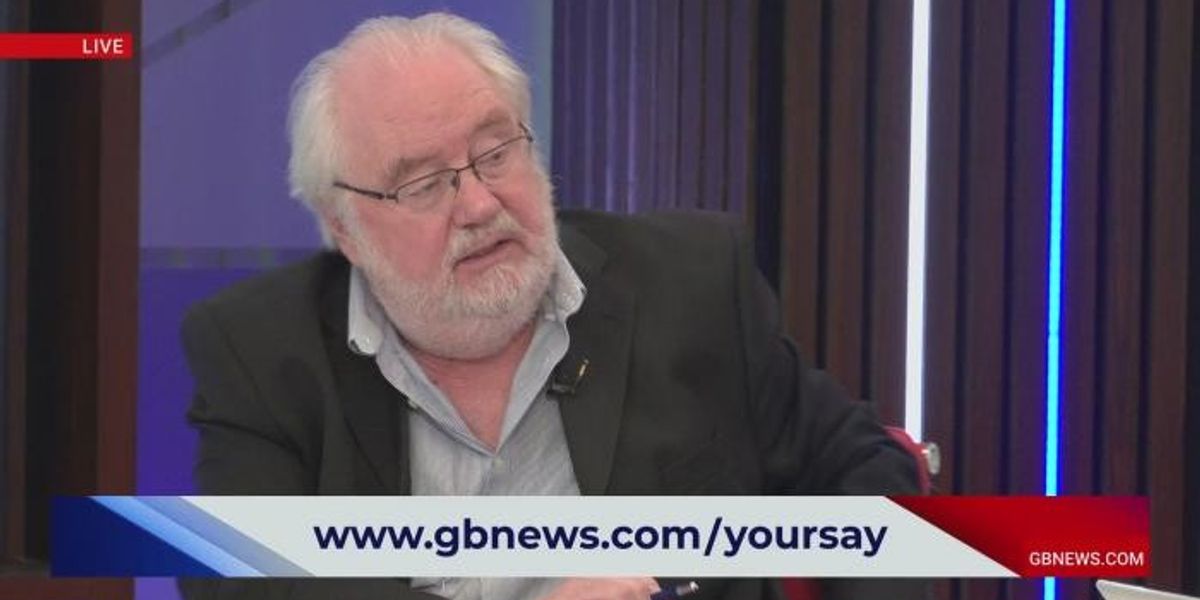Badenoch used all six of her questions at PMQs to ask about the bill.
She argued that academies – first introduced in the late 2000s – had led to improved performances by children in England, adding “poor children in England now do better than wealthier children in Wales”.
She told MPs the government’s changes were “wrecking a cross-party consensus that lasted for decades”.
“Teachers and parents will be horrified at just how bad this bill is. Even his own MPs may not realise it, but the bill will cut teachers’ pay.”
Sir Keir replied that it was important for schools to have flexibility on pay and that the government had introduced an amendment to the bill “to achieve that aim”.
Currently, academies, which are independent of local authorities, have the power to decide how much to spend on teachers’ salaries.
The original wording of the bill would have changed this but for the last few weeks Education Secretary Bridget Phillipson has repeated the line “there will be a floor, no ceiling” on pay.
On Tuesday evening, the government agreed to amend the wording in the bill. Instead, academies will have to have “due regard” to the national pay agreements.
Following PMQs, a Downing Street spokesman said the amendment to the bill was “a sensible step to clarify our ambition for teachers’ pay and conditions”.
“The amendment makes very clear the government’s intention to set a floor on pay but no ceiling so that all state school teachers can rely on the core pay offer,” he added.







